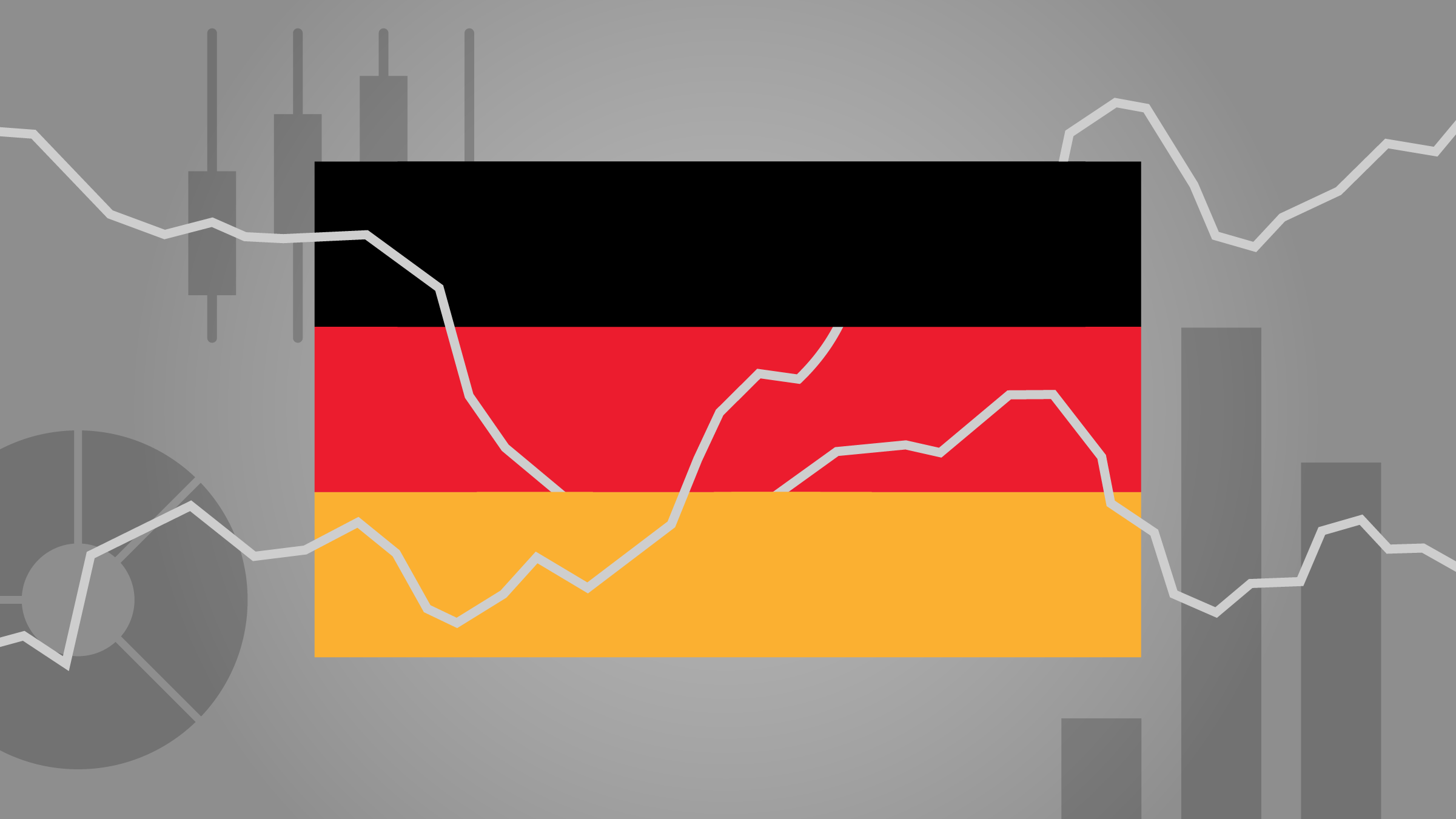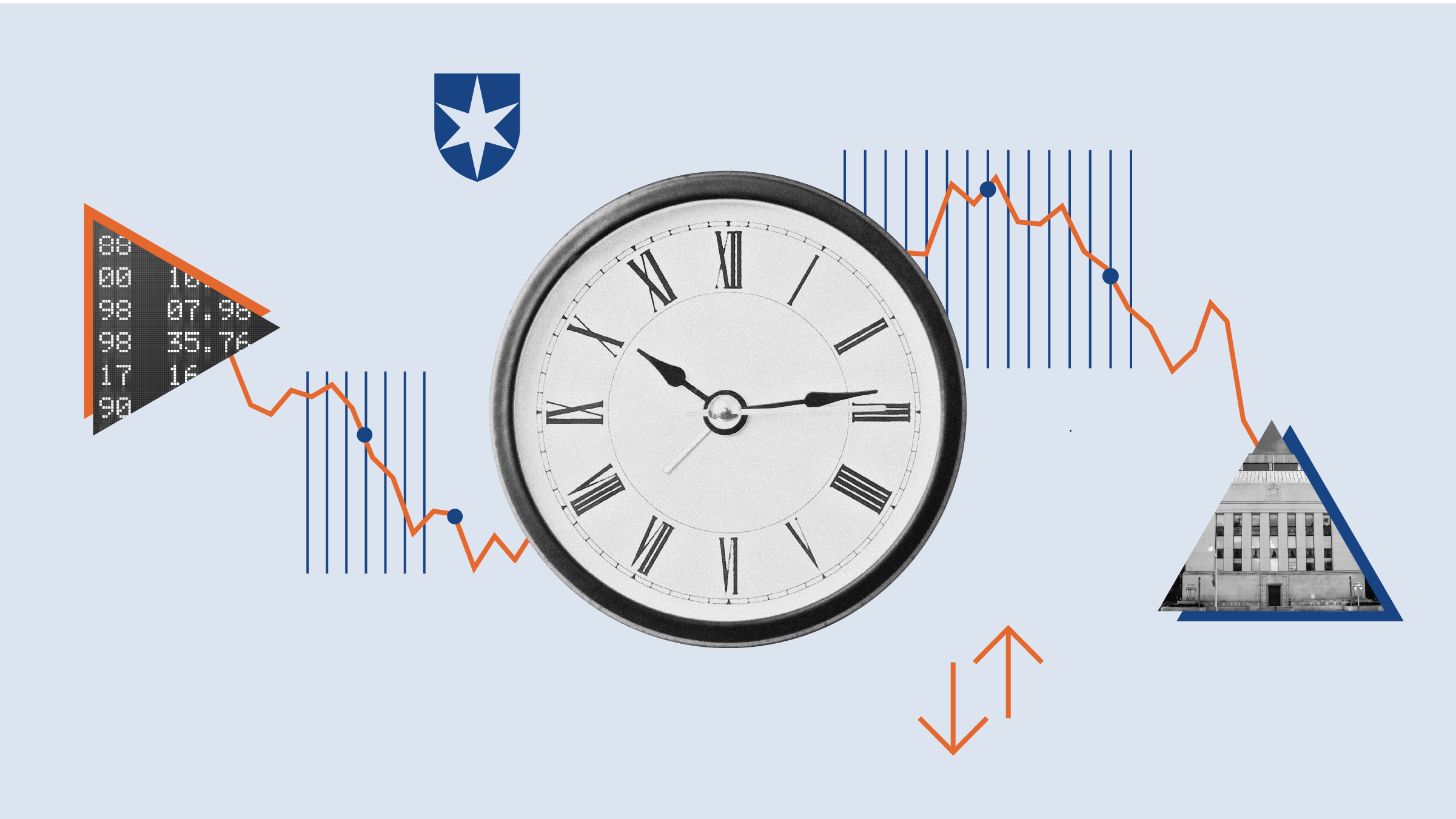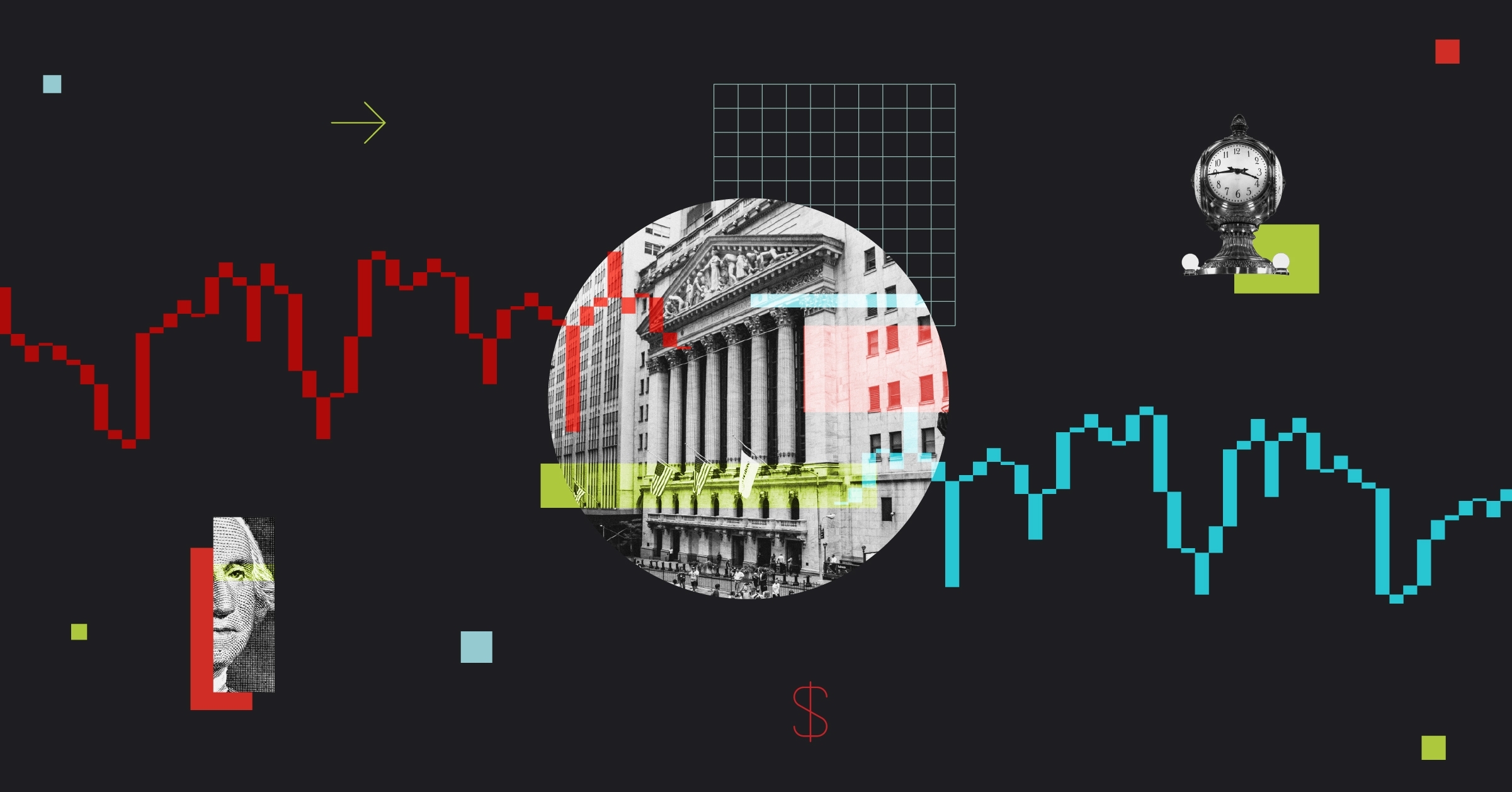Ashley Redmond: It's U.S. equities week here in Canada and I'm here with Sam Lee. So, Sam thanks so much for joining me.
Sam Lee: Pleasure to be here.
Redmond: So, Sam as a Canadian investor if I'm looking into purchasing an ETF or a mutual fund, off the top, what is a better option right now?
Lee: I would say cost matters. So, it depends on how you can get it and whether you can get it in a low cost fashion and for many Canadian investors it's probably going to be through an ETF. A lot of Canadian mutual funds embed an advisory fee, so you should be getting 200 basis points, 2% annual fees and it's very, very difficult to overcome that drag.
One of the best performing mutual funds over the past 40 something years, Sequoia Fund, has only beaten the S&P 500 by about 4%, a little under 4% annually. That's one of the best records long-term records in the U.S. and taking 200 basis points off of that is a huge, huge drag. So, I think realistically, most investors should avoid very expensive funds. So, ETFs are a wonderful, wonderful way to get access to equities.
Redmond: Okay. So you've talked me into it, and I'm going to purchase an ETF. So, if I'm sitting down and I'm looking at 20 ETFs in the U.S. equities space, how do I decide which one is the right one?
Lee: For most investors I think the broad total market ETF is probably the best bet. It actually doesn't matter which one you choose, so you can go for anything from the S&P 500 to something like a total stock market ETF, and you'll get very similar results. So, it's not really about which exact one you choose, as long it's very broad and it's low cost, you'll be fine. So, the main thing is, are you comfortable with the provider, with the expense ratio and with the liquidity?
ETFs trade on exchanges like stocks. So, you're going to have to pay a bid-ask spread, that is the difference between what you can buy it for and what you can sell it for. And a lot of times, the biggest ETF by assets is probably the best bet for most investors, because it's going to be the most liquid and it'll be among the cheapest.
Redmond: Okay. And what about currency risk with ETFs?
Lee: Currency risk is something that I think a lot of Canadian investors should bear in mind because Canada is — unusually for a developed market country — heavily linked to commodities, more so than the U.S. or any other country except maybe Australia, at least within the developed world.
Currency risk, I think, is something that you might want to hedge against. It's not guaranteed and you'll pay a little more for it, but the drag shouldn't be too much, maybe an extra 10, 20 basis points over the long run, probably less than that.
Redmond: Okay.
Lee: I think that currency risk is — you can go either way, because as long as you hold it for the long run, the main driver of your returns is not necessarily going to be from the currency movements, because over the long-run currency movements tend to not be too dramatic, it's more going to be the return of the underlying market that you are going to be invested in. So, I could see a case for going either way with currency risk or currency hedged.
Redmond: Okay. And when you are looking at ETF options in Canada a lot of the time, you have hedged to the Canadian dollar, not hedged or you can invest directly into U.S. dollar funds. So, what do you think the best option is, and maybe some pros and cons of some of those options?
Lee: It really doesn't matter because currency movements will tend to wash out. So, when I'm talking long run, I'm talking 20 years or so, like over the next five years the currency movements can actually be quite significant. So, I'd say if you are not the type of person who really wants to take on that additional risk and that risk is not compensated — just because you take on currency risk doesn't mean that you are going to get a higher expected return from it. Currency risk is one of those risks that isn't necessarily something that investors should be taking out. So, probably something that's Canadian dollar hedged would probably be sensible or just U.S. dollar directly.
Redmond: Thanks so much for those insight, Sam.
Lee: My pleasure.
Redmond: To find out more on U.S. equities theme week, visit the homepage of morningstar.ca.




















